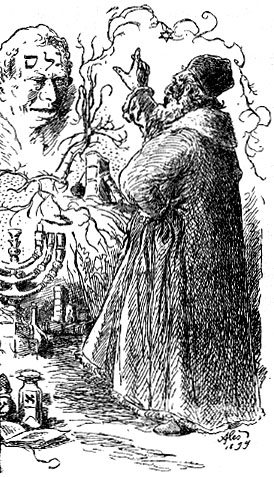Today's Writer Quarter is about a very interesting subject: Time and History. Ok, now that half of the reading audience has fled, allow me to continue.
When dealing with history and time as a writer it's important to know that history is never objective. It is a composition of opinions, what people think happened supported by vague evidence, usually influenced by the strongest opinions of the current time. Dominant civilizations and species get a head-start in history-writing.
The design of history
.jpeg) |
Why Historia is a scam.
Because not everyone is Greek that is. |
There are many historians in the Otherworld Tales. Mythridius of Antia made an attempt at categorizing the ages, though it was not until author Henry Dale's On Immortals, that the intro-existential times were added to the current timeline. Timekeeping and history-writing are like their subjects: ever changing.
When creating history for your story, even if it's in a place unlike ours, it's important to observe how history is being recorded in the contemporary time scale. You can take a timeline and chop it up in several chunks that are just as large as the other. People who look closer at the timeline however, shall find it quite different.
There is a process of
relativity in it. The closer you get to the present, the smaller the chunks get. This is because time is divided based upon major events in history. The closer to the present an event lies, the greater its impact on our lives and the greater the importance it is attributed. Historians believe it is a major event and thus make it a timeline-separator. The deeper we go into the past, the less important it seems for us; it was just another war. The people from that age might've found it mighty important, but to us it is just another date in history text books, hence why only the really big events eventually divide time towards the past.
Another thing to be noticed, is that most era's have a
rise, pinnacle, fall tendency like a Gaussian curve. The modern age, for example, is often divided into three parts. Pre-modern, modern and post-modern. With this categorization, people refer to the power of our current dominant economic system and while capitalism is still fairly dominant these days and it is unlikely to disappear entirely, there is a tendency towards a more social model. For those unaware, we are currently in the post-modern age in the current timeline. Of course not every age is drawn out according to its economic model, the classic age was mostly based on the Greek and West-Roman empires (as the East-Roman Empire existed long into the Middle Ages), but it was once more designed according to a Gaussian curve.
Third and last, the
terminology in history is dependent upon location and time itself. Other civilizations have a different time-keeping method (for example the Chinese or the Mayan cultures) and during the Enlightened Era in western Europe, the Middle Ages were pejoratively (and unfairly) known as the Dark Ages. Our name for that time, the Middle Ages, is actually a negative term by itself, although the semantic load (or meaning) has been lightened through time.
The design of time
 |
| Why time is a scam. |
Chronicans may be master-timekeepers, but it is obvious that they will never achieve their goal of perfectly recording time. It is impossible to record the smallest unit of time, nor is it possible to build a clock that doesn't have to be adjusted. Observing time perfectly would require one to escape time, as one would need to get out of a box to see the outside.
I stated time and history are scams, but the real point to it is that our methods of tracking them are imperfect. We can try to comprehend time, we can try to write as much as we can about history. But perfect timekeeping and history is unrealistic. If, as a writer, you do not have a legit explanation to why this is so, then do not give characters in your universe the exact timeline. The perfect timeline is the author's tool, you can use it to build up your story, so unless your character is the most brilliant mind in the universe, his view on time is just as screwed up as ours on our own time.
For people looking for great time recording tools, I recommend this website, entirely free and easy to use and implement into other websites:
http://www.dipity.com/
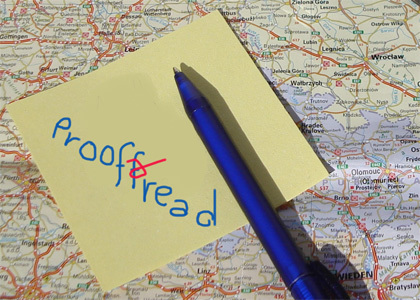




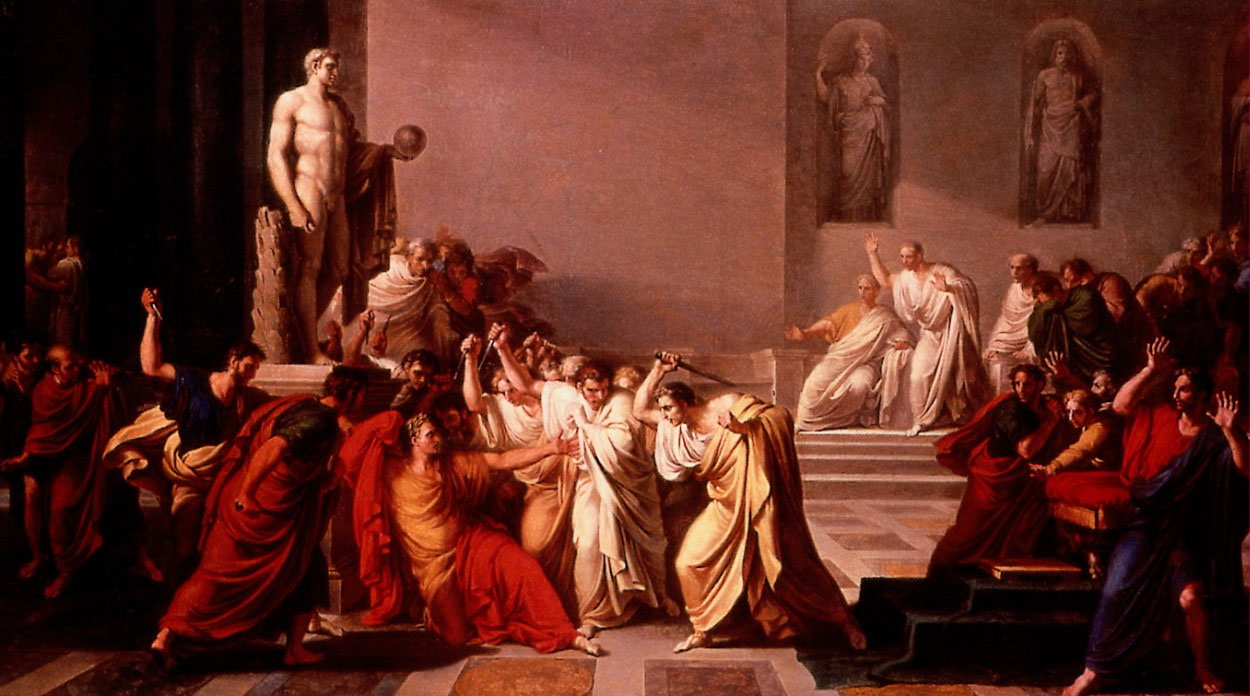
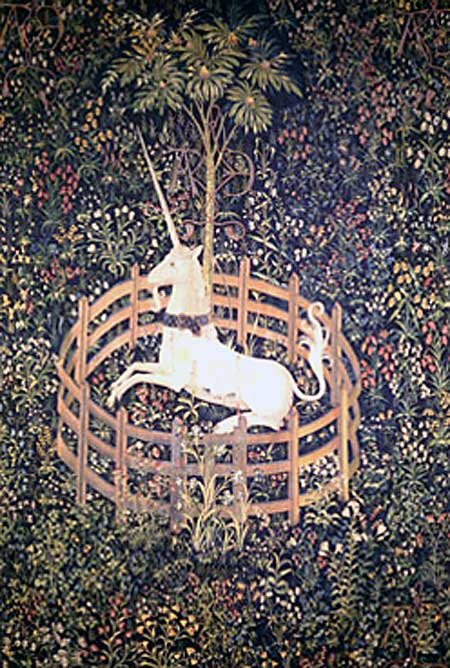




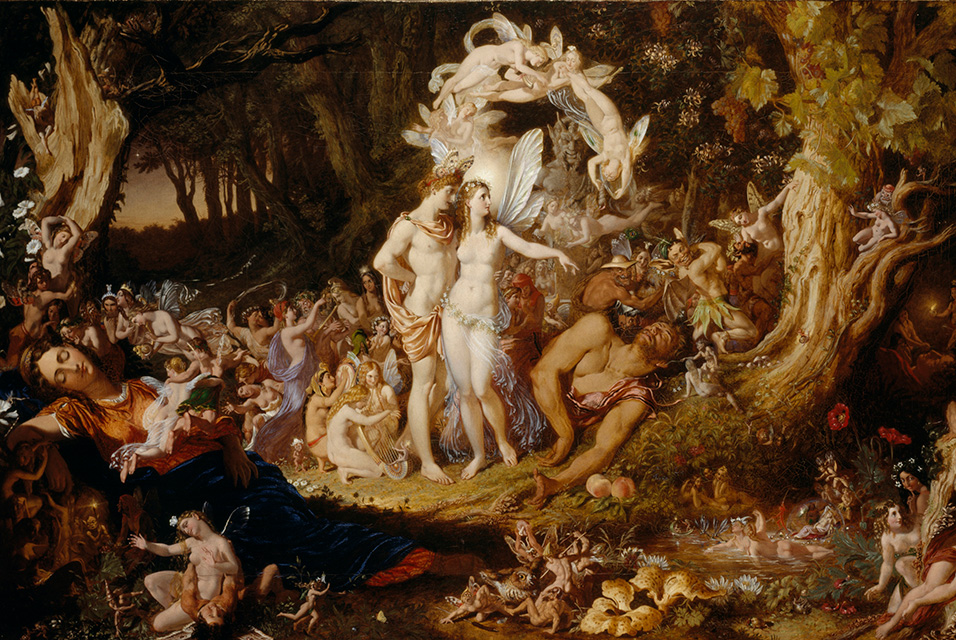
.jpeg)

